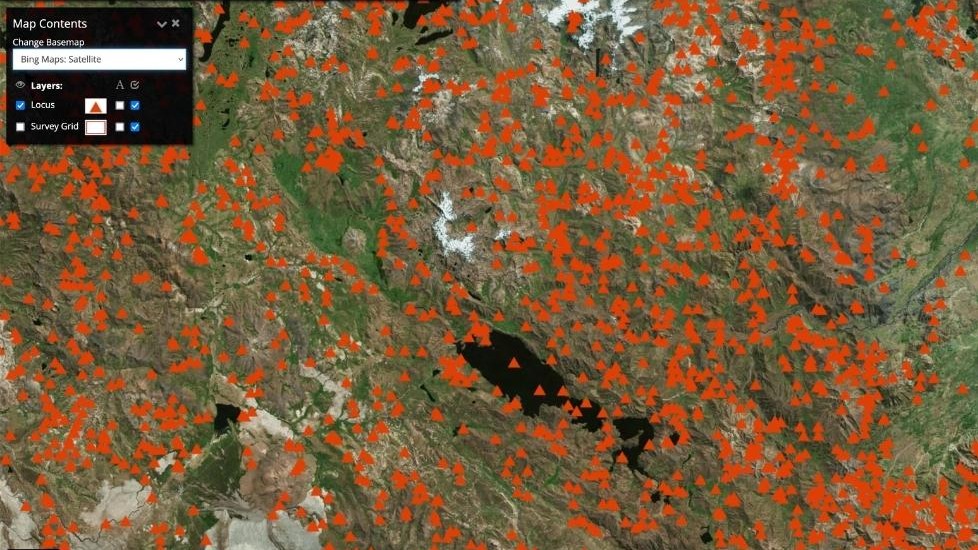Archaeology contributes unique insights into the human story across many scales, but the field’s traditional methods –– excavations and pedestrian surveys –– are not well suited for working across large regions due to the fact that they are so time-intensive.
GeoPACHA: the Geospatial Platform for Andean Culture, History, and Archaeology, developed by Parker VanValkenburgh and his colleague Dr. Steven Wernke (Vanderbilt University), harnesses digital methods to document archaeological landscapes at the scale of continents. In the first stage of the project, the GeoPACHA team, which included Brown Ph.D. student Bethany Whitlock, Dr. Daniel Plekhov (Brown Ph.D. '21), and Brown Anthropology BA graduates Paul Abrams '21, Makoto Kobayashi '23, and Bryn Sullivan '20 surveyed nearly 180,000 square kilometers of the central Andean region and manually tagged archaeological sites in high-resolution satellite imagery.
New support from an National Endowment for the Humanities Digital Advancement Grant will allow VanValkenburgh, Wernke and co-PI Yuankai Huo (Vanderbilt University) to refine deep learning models based on previous site identifications to extend survey coverage across the Andes. Following model implementation, the team will work with a network of regional experts and students based in South America to edit and enrich AI-generated datasets. The approach, which they call 'human-machine teaming' will result in the largest archaeological imagery survey in the western hemisphere and help to identify patterns in human demography and landscape change that are not visible at the smaller scales of traditional archaeological research.
Learn more about the National Endowment for the Humanities (NEH) Digital Advancement grant
